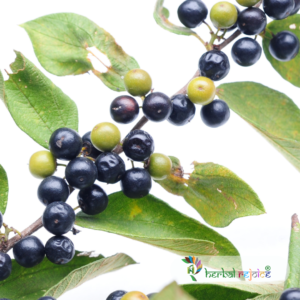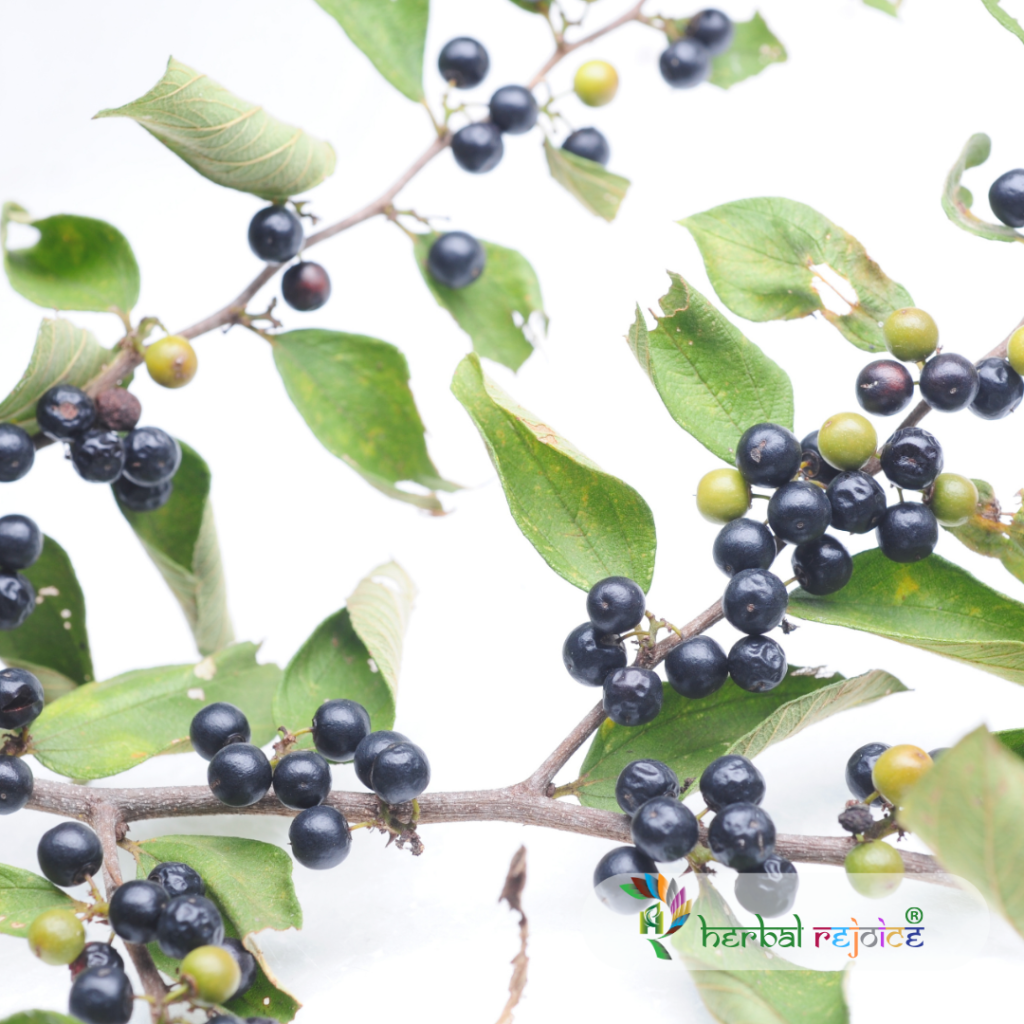Introduction
Ziziphus oenoplia Mill., commonly known as Jackal Jujube, has its roots in North India and both the Peninsulas. It goes by different names in different languages, such as Laghu-badara and Shrgaalabadari in Ayurveda, and Soorai in Siddha/Tamil. This plant has various medicinal properties, making it valuable in traditional medicine.
Medicinal Uses
The fruits of Ziziphus oenoplia are known for their stomachic properties. They can help improve digestion and alleviate stomach-related issues. The root of this plant is used to treat hyperacidity and ascaris infection.
Chemical Components
Further research has found that the stem bark and root bark of Ziziphus oenoplia contain cyclopeptide alkaloids, specifically zizyphines A, B, C, D, E, F, and G, as well as zizyphinine. These alkaloids contribute to the medicinal properties of the plant. Moreover, the bark itself contains approximately 12% tannin.

Ziziphus oenoplia for Heart Health
Additionally, the aerial parts of Ziziphus oenoplia exhibit diuretic and hypotensive activity. This means that they can help increase urine production and lower blood pressure. These properties make Ziziphus oenoplia a potentially useful plant for managing conditions related to cardiovascular health.
Conclusion
In conclusion, Ziziphus oenoplia, or Jackal Jujube, has a rich history in traditional medicine. Its various parts, including the fruits, roots, stem bark, and aerial parts, have demonstrated medicinal properties that can benefit human health. However, further research is needed to fully understand the mechanisms of action and potential therapeutic applications of this plant.
Frequently Asked Questions
What is Ziziphus oenoplia Mill.?
It is a plant known as Jackal Jujube, used in traditional medicine for its various health benefits.
Where is Ziziphus oenoplia Mill. native to?
It is native to North India and the Peninsulas.
What are the traditional names for Ziziphus oenoplia Mill.?
It is known as Laghu-badara and Shrgaalabadari in Ayurveda and Soorai in Siddha/Tamil.
What medicinal properties does Ziziphus oenoplia Mill. have?
Its fruits aid digestion, the root treats hyperacidity and ascaris infection, and the aerial parts have diuretic and hypotensive effects.
How are the fruits of Ziziphus oenoplia Mill. used medicinally?
The fruits have stomachic properties, improving digestion and alleviating stomach issues.
What is the use of the root of Ziziphus oenoplia Mill.?
The root is used to treat hyperacidity and ascaris infections.
What chemical components are found in Ziziphus oenoplia Mill.?
The stem and root bark contain cyclopeptide alkaloids, including zizyphines A-G and zizyphinine, and approximately 12% tannin.
What role do cyclopeptide alkaloids play in Ziziphus oenoplia Mill.?
These alkaloids contribute to the plant’s medicinal properties.
How does Ziziphus oenoplia Mill. support heart health?
The aerial parts have diuretic and hypotensive effects, which help increase urine production and lower blood pressure.
Can Ziziphus oenoplia Mill. be used to manage high blood pressure?
Yes, its hypotensive properties can aid in lowering blood pressure.
Is there scientific research on Ziziphus oenoplia Mill.?
Research highlights its chemical components and potential health benefits, though more studies are needed.
What are the tannin levels in Ziziphus oenoplia Mill.?
The bark contains about 12% tannin.
How should Ziziphus oenoplia Mill. be prepared for medicinal use?
Typically, it is used in the form of extracts or preparations from its fruits, roots, stem bark, and aerial parts.
Are there any known side effects of Ziziphus oenoplia Mill.?
It is generally safe when used appropriately; however, consult a healthcare provider for personalized advice.
Can Ziziphus oenoplia Mill. interact with other medications?
Always consult a healthcare provider before using it with other treatments.
Where can Ziziphus oenoplia Mill. products be found?
They are available in herbal shops or online specialty stores.
How long does it take to see results from using Ziziphus oenoplia Mill.?
Results can vary, but improvements may be seen within a few weeks of regular use.
What is the traditional significance of Ziziphus oenoplia Mill.?
It has a long history of use in traditional medicine for various digestive and cardiovascular benefits.
Can Ziziphus oenoplia Mill. help with digestive issues?
Yes, its fruits are known for their stomachic properties, aiding digestion.
Is Ziziphus oenoplia Mill. used in Ayurveda and Siddha medicine?
Yes, it is used in both Ayurvedic and Siddha systems of medicine.
What parts of Ziziphus oenoplia Mill. are used for medicinal purposes?
The fruits, roots, stem bark, and aerial parts are all utilized.
What further research is needed for Ziziphus oenoplia Mill.?
Additional studies are needed to fully understand its mechanisms of action and potential therapeutic applications.


